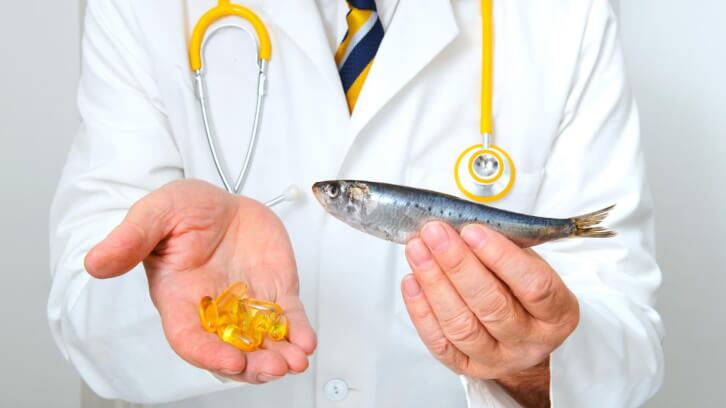The analysis was based on data from more than 400,000 participants in the UK Biobank study, a long-term investigation of the genetic and environmental factors of disease.
Now, omega-3 experts are questioning the statistical significance of the findings.
According to Aldo Bernasconi, vice president of data science at the Global Organization for EPA and DHA Omega-3s (GOED), calculations show that the data published is consistent with a difference in absolute risk between the two groups of less than 1%.
“The absolute risk of atrial fibrillation in the non-supplement user group was 4.24% and 4.80% in the supplement user group for a difference of 0.55%,” Bernasconi said.
The National Institutes of Health describes absolute risk as the difference between two risks. Put differently, absolute risk is the measure of a risk of a certain event happening.
Bill Harris, PhD, president of the Fatty Acid Research Institute (FARI) and professor of medicine at the University of South Dakota, said this distinction was not the only factor that he questioned about that study.
“It just totally misrepresented not only the previous work in the same cohort, but the larger world of omega-3 supplement use and health outcomes,” he said.
Contradictory research
In 2020, the BMJ published a UK Biobank-based study by Zhi-Hao Li and colleagues that showed habitual use of fish oil supplementation was “inversely associated with the risk of cardiovascular disease outcomes and all-cause mortality” and that “future studies are needed to examine the extent to which the dose of fish oil supplements influences the ability to achieve a clinically meaningful effect.”
Dr. Harris added that there are 10 other studies based on the UK Biobank that have looked at fish oil use and risk of dementia, liver cancer, fractures and other conditions that were favorable to omega-3s. The researchers of this most recent BMJ study did not reference these outcomes, he noted.
When it comes to the recent study’s measures, Dr. Harris takes issue with the researcher’s aim to examine the effects of fish oil on the clinical course of disease.
“That's not what they did,” he said. “Strictly speaking, if you're going to examine the effects of fish oil supplementation, you have to randomize people to fish oil supplements or placebo and then look at the effect.”
Dr. Harris explained that the researchers examined the relationship, not the effects, of reported fish oil supplement use on clinical outcomes.
“They turned an observation into an effect study,” he said. “You can't say there's an effect.”
The BMJ study did however outline some benefits of omega-3 intake and cardiovascular outcomes, such as fish oil supplements can slow the progression of poor cardiovascular health and lower the risk of death.
The researchers did not emphasize those factors, and the press ignored them completely, Dr. Harris said.
“[The Fatty Acid Research Institute] puts out really good high quality meta-analysis papers showing fish oil levels in the blood are associated with lower risk for seven different diseases,” he said. “Not one of them gets in the press.”




